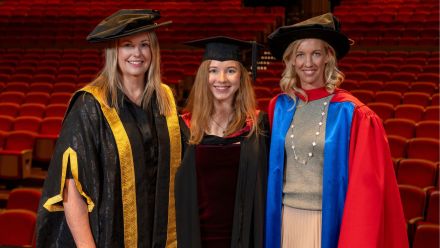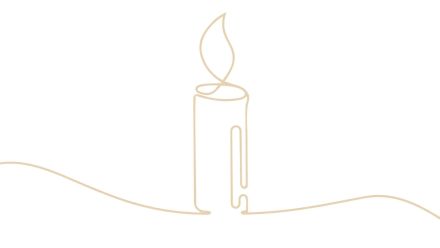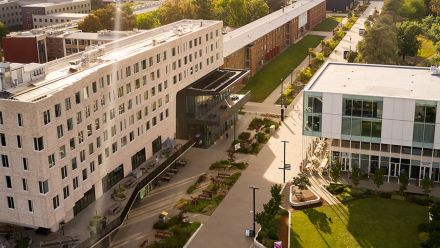Applications are now open for the 2024 Jawun Secondment Program.
The Jawun Secondment Program offers high-performing academic and professional staff at ANU a unique opportunity to expand their skills and understanding while contributing to the development of Aboriginal and Torres Strait Islander communities. The ANU partnership with Jawun supports Indigenous-led initiatives, providing secondees with valuable experiences and insights.
This challenging yet rewarding six-week secondment program aims to enhance cultural awareness, leadership capabilities, and professional skills while fostering collaboration with Indigenous organizations. Four placements are available in 2024 (one per quarter), offering participants the chance to work in regions like the Lower River Murray, Far West Coast, or East Kimberly, provided they have the support of their management and commit to representing ANU professionally throughout the program.
We interviewed a recent secondee, Dr Brett Scholz, a Senior Research Fellow in the School of Medicine and Psychology, ANU College of Health and Medicine, to hear about his experience in the program.
What region were you posted in? Describe the region and community you worked within. What is the region known for?
I was lucky to be posted in Ngarrindjeri Ruwi, which is a large nation stretching along the length of the Coorong and inland towards Murray Bridge. I was working with Moorundi - the Aboriginal Community Controlled Health Service which provides care across the whole Ngarrindjeri region but centred within Murray Bridge. The region is known for Ngarrindjeri weaving (see picture attached of the weaving I did throughout my secondment after learning the basics from Aunty Ellen Trevorrow at the start of my time on country), nori (pelicans) that fly in huge pods up and down the river, and delicious kuti (cockles) harvested for aeons by Ngarrindjeri.
How was the Secondment program structured?
I was working directly with Uncle Stevie Sumner - CEO of Moorundi, and spent a lot of my days in Murray Bridge (where the majority of Moorundi's administrative and clinical staff are based). The start of the secondment involved a lot of yarning and learning about the community, the organisation, and the staff. I then have a couple of tasks in a project brief to work on with Uncle Stevie who was there to help if I went off track.
What was your allocated project? What were your responsibilities?
There were a few things I worked on at Moorundi but one of the projects I found particularly rewarding was helping to document the story of Uncle Stevie and the story of Moorundi. Stevie has an innate sense of story-telling (and so my task was easy) but I was helping to source images and give structure to these stories. In short, I was responsible for curating the stories that Stevie went on to present at an event at the University of Melbourne during my secondment.
What goals did you have going into this program? Did you achieve them? Any unexpected achievements?
I wanted to learn as much as possible and leave the secondment with a stronger understanding of Ngarrindjeri culture and communities. I achieved those goals - but even more importantly an unexpected achievement is that I now reflect more on deep listening and building relationships.
What change did you help enact? What impact did it have on the organisation? What outcomes are you most proud of? How did you ensure that the changes you enacted were Indigenous-led?
Just like Ngarrindjeri weaving is a process in which lots of small incremental threads build the finished piece, some of the changes that I made were very small but nonetheless very important in shaping the organisation. Some of these were very small changes (such as a new filing system for grant applications so that Moorindi staff don't have to waste precious time on simple admin tasks), and some were deeper (such as making more visible Stevie's and Moorundi's story - both meaningful to the community more broadly).
How has this experience increased your awareness and understanding of Indigenous cultures?
It increased my awareness and understanding of Ngarrindjeri culture. Having the opportunity to actually spend time listening to, thinking about, and experiencing an Indigenous culture has been a huge privilege and I wish everyone had the time to do so!
What challenges existed in the organisation you worked with? How did you help address that?
As a health service, access to resources is naturally a challenge. While a lot of the challenges are systemic, there are many passionate and driven people at Moorundi working to make a change. I tried to make the most of my time being able to work with and support these wonderful people and their important work.
What challenges did you face? How did you overcome them?
Six weeks is a funny period of time. It's long enough that you miss home and loved ones...but it's also incredibly short. A challenge for me was realising that the secondment would be over too soon, and certainly sooner than I would have hoped. There was so much that I knew I wouldn't have time to do, to learn, and to see.
Which of your professional skills proved most useful? How? What skills were you able to strengthen?
As a mostly qualitative researcher, my job has always been about listening to people. Listening to Ngarrindjeri people (and not centring my own perspectives) was the most important skill for the secondment, as it demonstrated I wasn't there to come in with my own opinions about how things needed to be done.
What feedback did you receive from the organisation?
Uncle Stevie said that he'd never met anyone quite like me, and talked about how he could see that I cared and was caring.
What was the biggest learning you gained from this program? What have you unlearned?
I unlearned the way that academia thinks we have value only if we're producing research and bringing in research income. I learned the importance of relationships.
What will you do differently as a result of this experience?
Whenever I'm outside these days, I'm looking around me for rushes for weaving. I think more about how to bring reconciliation into everything that we do.
Who would you recommend this program to? Who would make a good candidate?
I wish everyone could do a Jawun secondment because I think the world would be a better place. I think people who are open minded, willing to sit back and listen & learn would make good candidates. It also helps if you're flexible because secondment projects don't always go to plan!
Applications for Jawun secondment opportunities in 2024 close Friday 15 September, you can apply here.


